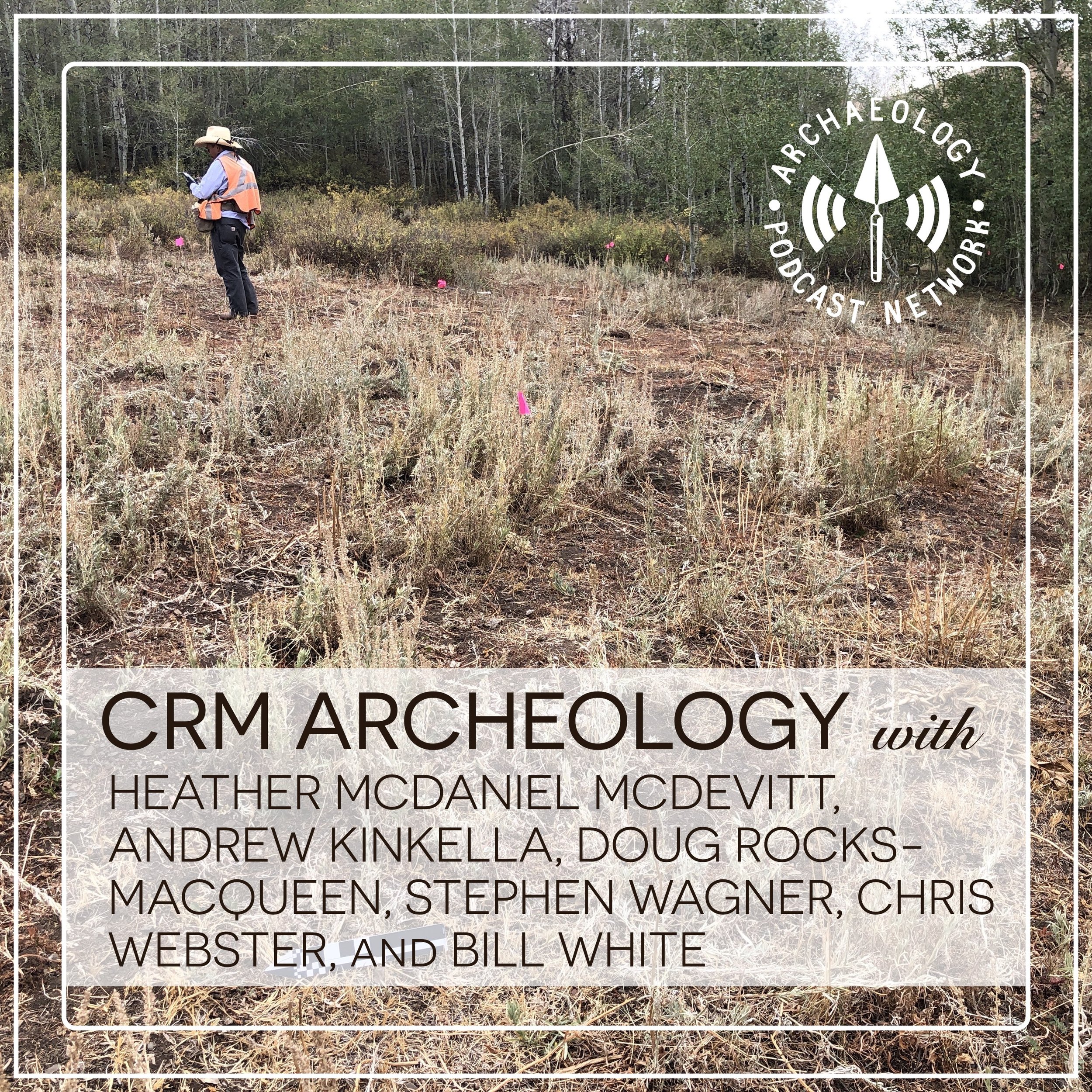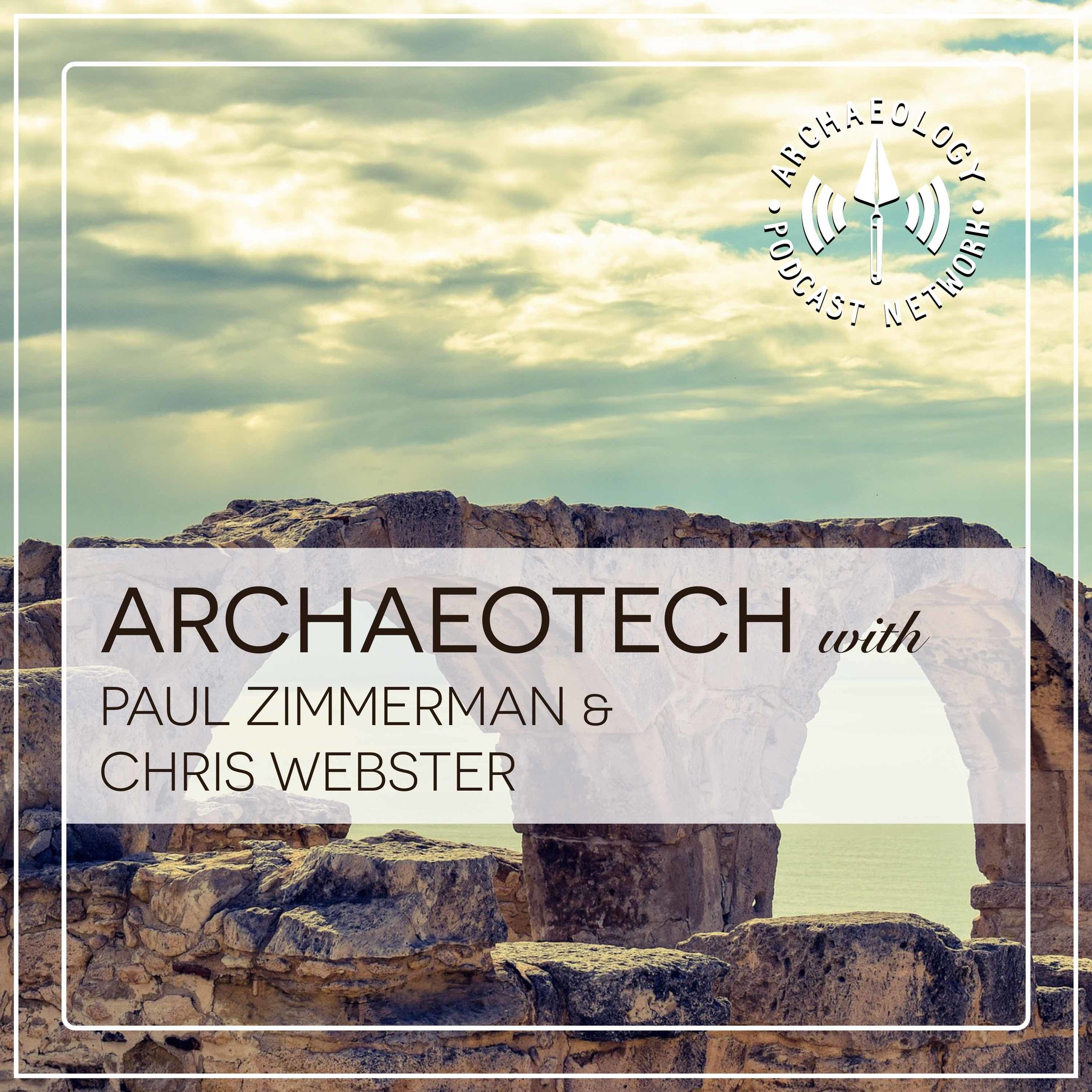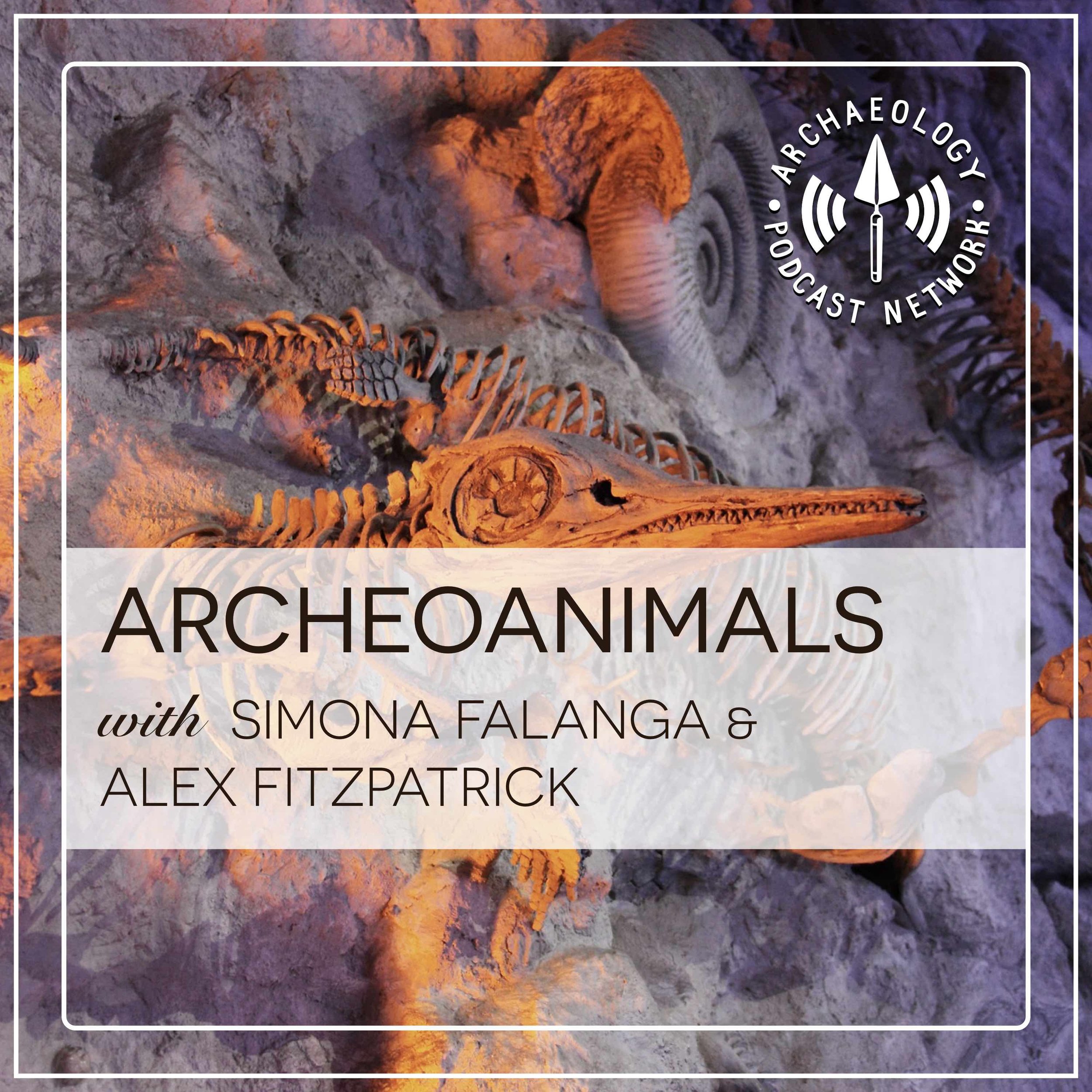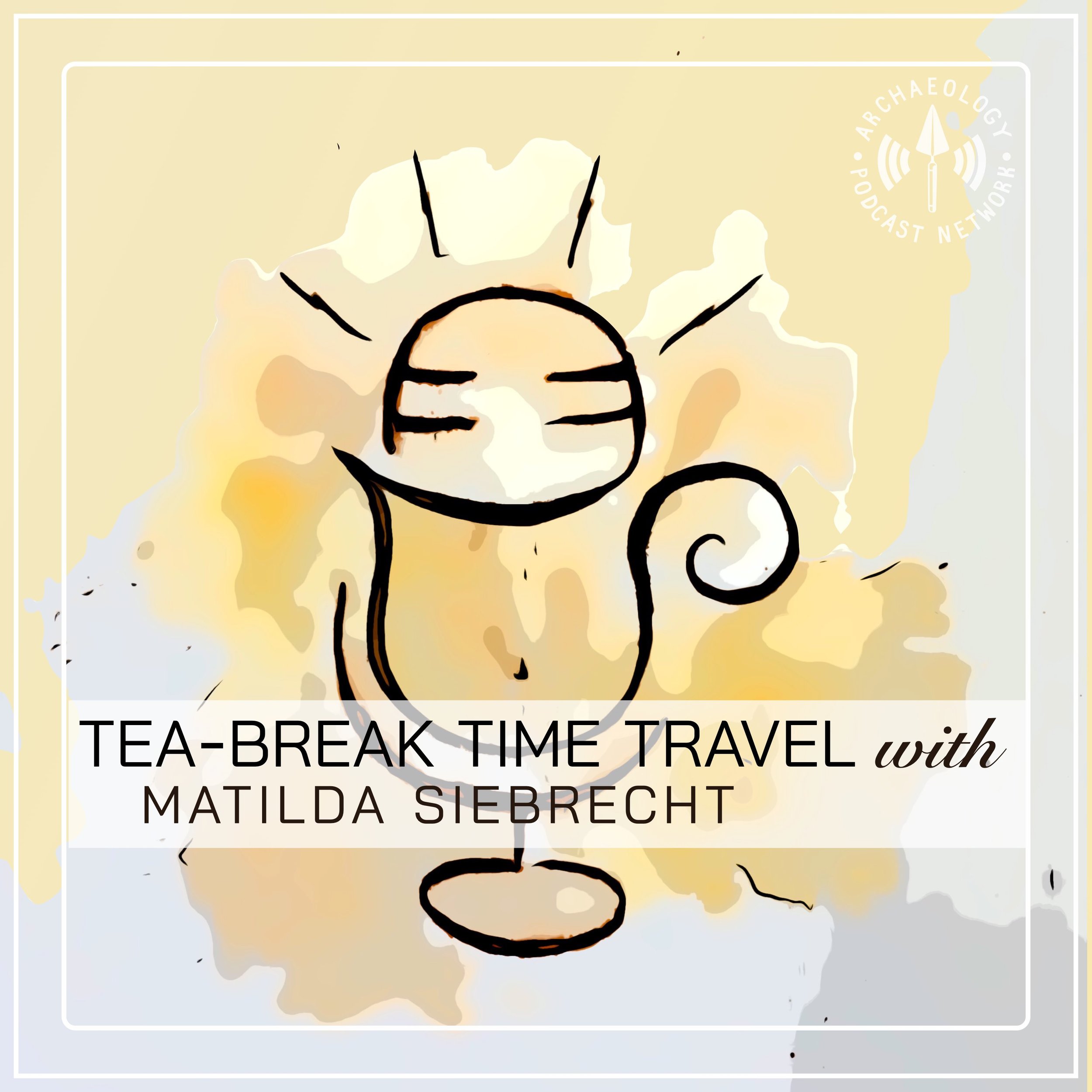On today's episode, Jessica interviews Dr. Kelly Fayard (Poarch Band of Creek Indians), Assistant Professor of Anthropology at the University of Denver. Jessica and Kelly dive into Poarch identity from a variety of different angles. She discusses how different historic events influenced Poarch identity in sometimes unexpected ways and where the Poarch Creek fit in with larger conversations about Indigenous identity. We also talk about strategies for creating an inclusive and safe classroom, as well as the classroom approaches and good trouble needed to move the discipline of Anthropology forward.
Transcripts
Links
Kim TallBear’s Native American DNA: Tribal Belonging and the False Promise of Genetic Science
Circe Sturm’s Becoming Indian: The Struggle over Cherokee Identity in the Twenty-first Century
Contact
ArchPodNet
APN Website: https://www.archpodnet.com
APN on Facebook: https://www.facebook.com/archpodnet
APN on Twitter: https://www.twitter.com/archpodnet
APN on Instagram: https://www.instagram.com/archpodnet









